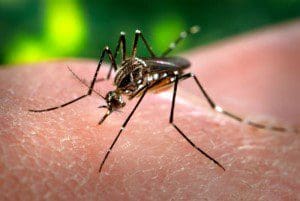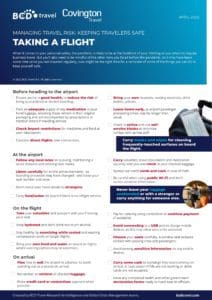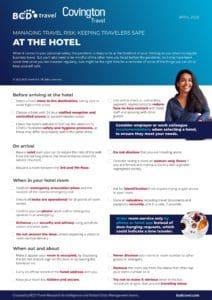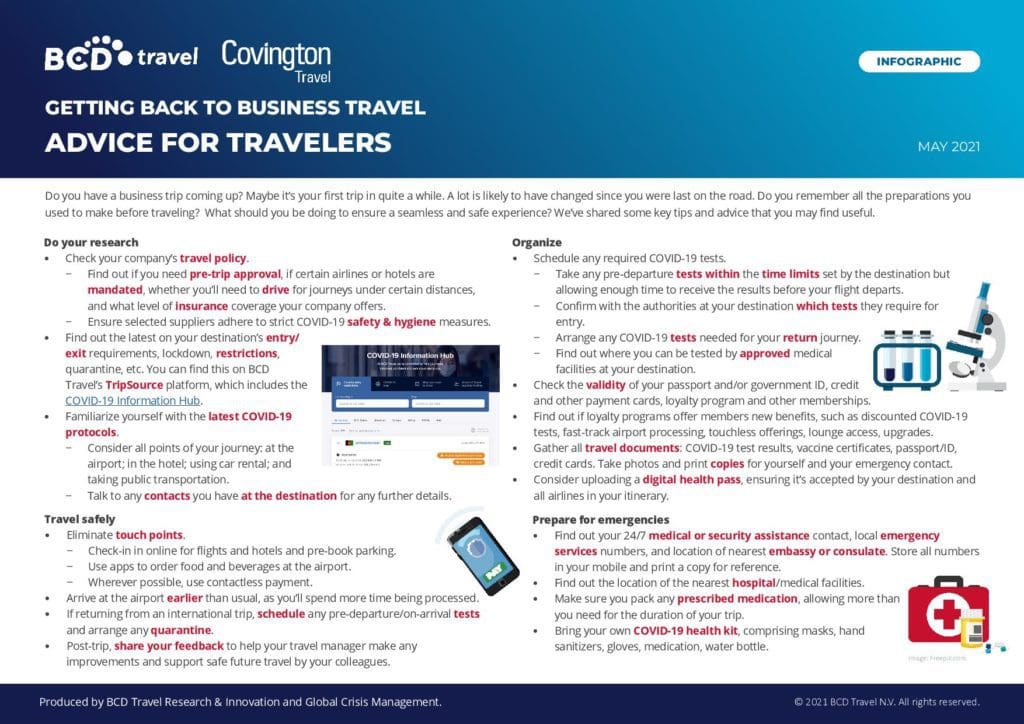
The World Health Organization (WHO) released a statement on February 1, 2016, that the Zika virus constitutes a Public Health Emergency of International Concern. The disease is carried by the Aedes mosquito and is suspected of being the cause of a rise in neurological disorders, especially in babies of mothers who contract the virus while pregnant. While the WHO’s declaration should indeed be taken seriously, at this time they have not found justification for placing mandatory restrictions on travel. Covington Travel wants to help travelers understand the current conditions of the Zika emergency in order to best make informed travel decisions.
Where is the Zika Virus Active?
The mosquito-borne virus that was previously only found in equatorial Africa and Asia, but traveled to Brazil and has now spread to more than two dozen countries of Latin America and the Caribbean.
While no mandatory travel restrictions to these countries exist, the Centers for Disease Control and Prevention (CDC) has issued a warning that pregnant women and those who are considering becoming pregnant should avoid destinations where the Zika virus is active.
How to Prevent Infection

The virus is spread primarily by mosquitos, not person to person. The best way to avoid infection is to prevent mosquito bites by wearing long pants and long-sleeved shirts and using mosquito repellent in areas where the virus is active. Affected destinations are actively spraying to kill mosquitos and focusing on cleaning up any trash and standing water where mosquitos like to breed.
Recently, our Meetings & Events division advised the participants of an incentive trip to Mexico of the unfolding Zika emergency prior to travel. Upon arrival, the onsite Covington Meeting Planner immediately purchased 94 cans of repellent to distribute to the group with the welcome packets because Covington cares about the well-being of our clients.
For those who do contract the virus, the symptoms are mild and most people never even realize they had it. The danger appears to be to babies in utero, but no firm causal effect has been confirmed. While the situation changes rapidly, the WHO and CDC are continuing to monitor developments.
What Happens If You Cancel Your Trip?

Although the majority of travelers have no cause for alarm, those who are pregnant, expecting to become pregnant or those who are susceptible to illness may decide they don’t want to risk traveling to a Zika-infected area.
Several of the major airlines are now making allowances for passengers to reschedule or cancel their flights without penalty. Similarly, some tour operators and cruise lines are offering to rebook for a different itinerary or give a credit for future travel. The rules differ, so check with your travel agent for the rule that applies to your specific travel plans.
It should be noted, at this time most travel insurance policies are not covering voluntary cancelations due to Zika virus, although “cancel for any reason” policies do reimburse any penalties incurred as long as the cancelation is made the required amount of time prior to travel.
How Does the Zika Emergency Affect Travel?
Covington Travel has had a few clients who were planning Babymoons – a romantic couples’ getaway before the baby arrives – cancel their trips to Mexico or the Dominican Republic to avoid any risk of the Zika infection that seems to be linked to birth defects. However at this time, the majority of travelers who are not pregnant have chosen to continue with their vacation plans. It is a personal decision that each traveler must make for themselves.
Covington advisors are not qualified to give medical advice, but we can advise our clients about the financial ramifications of changing or canceling a trip so that they can factor those into their decision. Our travel counselors can provide the most current information and options available. If you would like to discuss how Zika might affect your travel plans, please contact a Covington vacation specialist today.






Leave a Reply